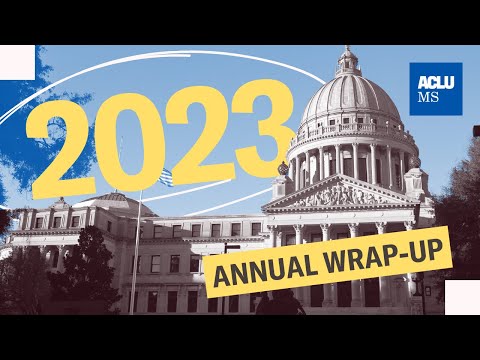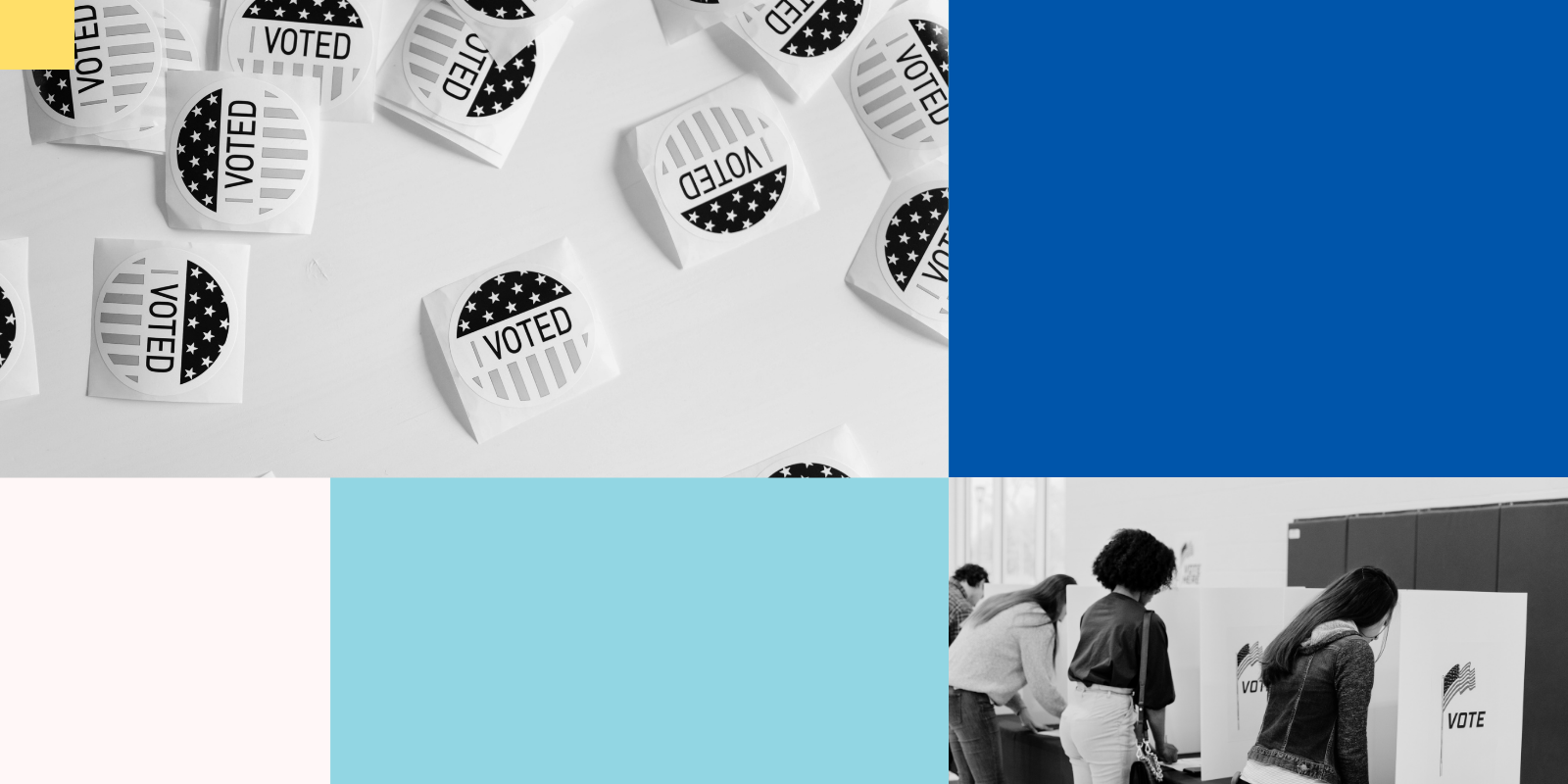From holding police accountable to defending voting rights, 2023 was a busy year!
Here's a quick look at how we showed up to defend and expand civil rights in Mississippi this year, and a sneak peek at how we plan to continue the fight in 2024.
From Our Executive Director:
One constant I have learned about the ACLU is that every person you talk to has a distinctive perspective on what our organization does or should be doing. Whether it’s staff, supporters, or the general public, the ACLU can mean very different things to different people.
That isn’t a burden. It is an awesome responsibility. This is the result of the ACLU and its state affiliates, showing up in so many different arenas. As challenging as this duty is for staff of 12, the ACLU of MS is proud to be in this space.
Our team embraces this calling with the understanding that it’s impossible to be everywhere, at all times. We have to remain intentional and thoughtful in how we attempt to carry out our mission. Accordingly, in 2021, the ACLU of Mississippi adopted a strategic plan that laid out our values and program objectives.
While it outlines our affiliate priorities, it also serves as an accountability tool for our members and supporters. In 2021, we prioritized maintaining organizational endurance; protecting voting rights and increasing Black voting power; fighting for equality and standing up for the LGBTQ community; and reforming our criminal justice system and opposing efforts to increase incarceration.
We set out to build a sustainable and impactful program. This report illustrates our talented and driven team’s commitment to that goal. Through everything that comes our way, we have labored to stay focused and intentional – so we can best show up for up for the diverse communities that call on the ACLU of Mississippi. Thank you for standing with us.
Jarvis Dortch, Executive Director
From the President of the Board
As the President of the Board of Directors for the American Civil Liberties Union of Mississippi, it is with an unwavering commitment to the ethos of equality and the relentless pursuit of justice that I present our Annual Report for the fiscal year 2023.
This report serves as a testament to the tireless efforts of our dedicated team as we traverse the complex terrain of civil liberties across the state of Mississippi. Aligned with the profound values of the ACLU, our pursuits have encompassed a fight against legislation that seeks to strip voting rights of the majority Black voters in our state capital, Jackson, Mississippi. We vigorously advocated for the autonomy of transgender youth across the state, to protect their freedom to express their transitioned gender without discrimination or harassment. This commitment reflects our stance as advocates for justice, equality, and the protection of constitutional rights through legislation, litigation and advocacy.
As we anticipate the challenges and opportunities on the horizon, we embark on the forthcoming year fortified by the enduring support of our community. The attached annual report offers a comprehensive narrative of our activities and achievements. Heartfelt gratitude is extended to our esteemed board members, dedicated staff, and the broader network that constitutes the ACLU of Mississippi.
In conclusion, I express profound appreciation for your steadfast support of the ACLU of Mississippi. Together, in the spirit of equality and justice, we persist in our pursuit of civil liberties and the transformative principles that define our shared humanity.
Crystal Welch, Board President





